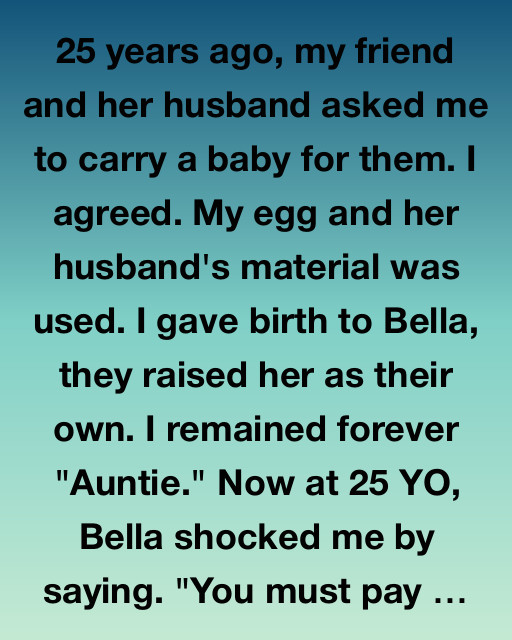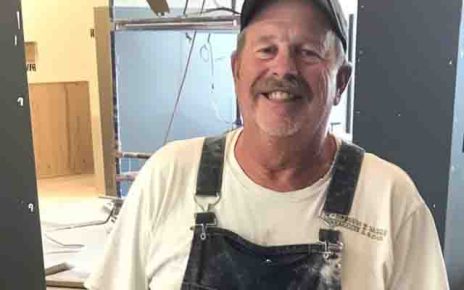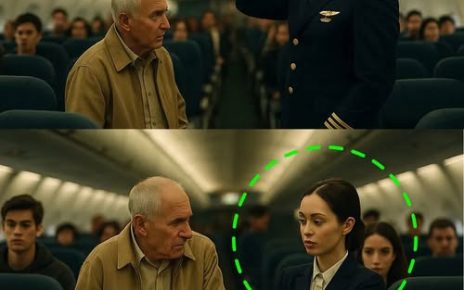When Bella stood in my kitchen and said, “You must pay,” I thought I’d misheard her. For a moment, I imagined she’d said, “You must play”—a remnant of old teasing, a memory of board games and shared laughter. But her voice was steady, her stance unyielding. What followed unraveled years of silence with one devastating truth: she had discovered I was her biological mother, not just her “auntie.” I had carried her, delivered her, and then handed her to my best friend—the woman who raised her. She felt betrayed, unseen, and discarded. And I, who had spent every birthday clapping from the crowd, every school play holding back tears, had no words that could rewrite the past.
But I gave her what I could—my truth. I told her about the pact forged in college dorm rooms, the infertility battles, the quiet resolve to help my friend become a mother. I explained the injections, the retrieval, the heartbreak I tried so hard to contain. I admitted that I failed to detach—that I loved Bella from the moment she stirred inside me. And still, I honored the agreement. I stayed on the sidelines, not because I didn’t care, but because I cared enough to stay silent. Slowly, the wall between us cracked. She asked questions. I answered. Our relationship, once formal and distant, began to stitch itself into something raw and real.
Time moved forward and brought us closer—through grief, caregiving, and memory. Her mother’s Alzheimer’s diagnosis pulled us into a shared rhythm of loss and responsibility. We became co-caretakers, united by love and exhaustion. One day, Bella handed me an envelope—her will. She named me her health proxy, her emergency contact. “Because you never stopped caring,” she wrote. And when her mother passed, I stood at the funeral and spoke not just of death, but of love braided through decades: messy, complicated, and enduring. Bella looked at me and called me “mom,” not to replace what she’d had, but to honor all she’d learned.
Years later, as I cradled her newborn daughter—my granddaughter—I felt a quiet, healing joy. Grace was tiny, furious, alive. Bella had grown into a woman who understood the layered truth of love: that sometimes it’s who lets go, and sometimes it’s who stays. Our story was once drawn in legal lines and whispered secrets. Now, it lived in gallery visits, emergency contacts, and a pink fist wrapped around my finger. Love, I realized, doesn’t tally debts—it leaves traces, receipts in the form of presence. And in the end, what began with “you must pay” became a legacy of showing up, again and again, even when no one clapped, even when it hurt.




